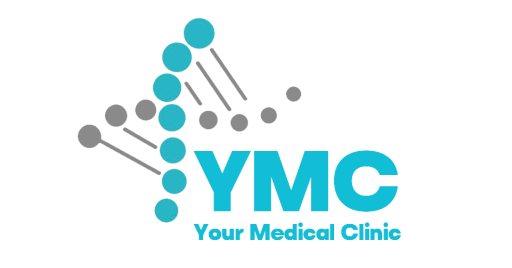Polycystic Ovary Syndrome
A Women’s Health Challenge and How to Manage It:
International Women’s Day is an opportunity to raise awareness about women’s health and discuss some of the challenges they face in their daily lives. One of these challenges is polycystic ovary syndrome (PCOS), a hormonal disorder that affects millions of women around the world. This disorder can have a profound impact on women’s lives, causing various symptoms and increasing the risk of other diseases. However, with proper treatment and symptom management, women can live healthy and active lives.
What is Polycystic Ovary Syndrome (PCOS)?
Polycystic ovary syndrome (PCOS) is a common hormonal disorder that affects women of reproductive age. It is characterized by high levels of male hormones (androgens) in a woman’s body, which can cause problems with ovulation and the development of eggs in the ovaries. Because of this, women with PCOS may have irregular menstrual cycles, lack of ovulation, acne, and sometimes even weight gain or growth of facial and body hair.
Main Symptoms of PCOS:
Symptoms of PCOS can vary from woman to woman, but some of the most common include:
- Irregular menstrual cycles – Women with PCOS often have irregular cycles, may skip periods or have periods several times a year.
- Fertility Problems – Cessation of ovulation makes it more difficult for women to get pregnant.
- Hair Growth – Women may notice hair growth on their face, abdomen, and chest due to high levels of male hormones.
- Acne and Sensitive Skin – PCOS can cause increased acne and oilier skin, especially on the face and back.
- Weight Gain and Inability to Lose Weight – Women with PCOS may experience weight gain, especially in the abdominal area, and may have difficulty losing weight.
- Hair Loss – The impact of high levels of male hormones can cause hair loss on the head.
Causes and Risk Factors:
The exact causes of PCOS are not fully known, but some possible factors include:
- Genetics – If someone in your family has had PCOS, you may be more predisposed to developing the condition.
- Hormones – High levels of androgens and insulin can cause hormonal imbalances, contributing to the development of PCOS symptoms.
PCOS Treatment:
Treatment for PCOS varies and depends on the symptoms. Although there is no cure for PCOS, there are several options to manage symptoms and improve your quality of life. Some treatment options include:
- Medications to regulate menstrual cycles – Using birth control pills can help regulate menstrual cycles and reduce symptoms such as acne and hair growth.
- Fertility-enhancing drugs – The use of drugs such as clomiphene and metformin can help women trying to get pregnant by stimulating ovulation.
- Weight management – Exercising and eating a healthy diet can help you maintain a healthy weight and control insulin levels.
- Acne Treatment and Hair Growth – Medications such as spironolactone can help reduce hair growth and improve skin condition.
- Improved Mental Health – Women with PCOS may experience anxiety and depression due to physical symptoms and the potential impact on fertility. Counseling and psychological support can be helpful in addressing these challenges.
Women with PCOS should have regular medical checkups to manage symptoms and prevent the development of long-term complications. Controlling blood sugar levels and monitoring cardiovascular health are important to prevent possible complications such as diabetes and heart disease.
Polycystic ovary syndrome (PCOS) is a common disorder that can significantly impact women’s lives. However, with proper treatment and healthcare support, women can manage their symptoms and live healthy, fulfilling lives. At our hospital, we are committed to providing a wide range of treatment and support options for women with PCOS. On this International Women’s Day, it is important that women are informed and seek the care they need for their health.
Together for a healthy future!
Book your consultation with a specialist doctor now!
Your Medical Clinic staff provides all patients with specialized medical service at the highest standards.

